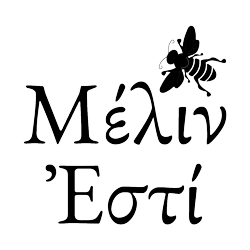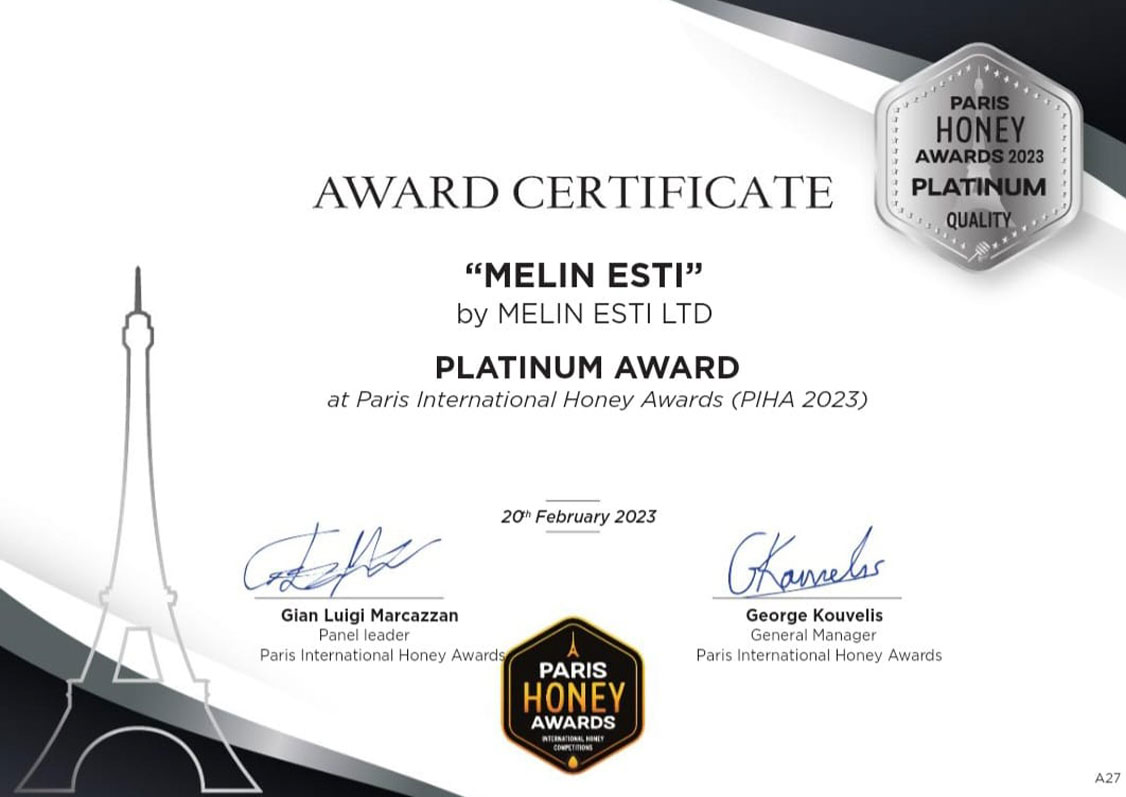PROPOLI, the miracle of the hive!!!!
A natural antibiotic that bees offer us, to shield our immune system and keep away viruses …
Every day our body comes into contact with germs, viruses and parasites that try to invade it. The immune system includes a set of cells that resists the invasion of toxins and pathogens that threaten the human body.
To be able to shield our body’s defenses, we need to adopt a healthier lifestyle. Apart from that, bees are here to help us.
Propolis is a miraculous product produced by the bee itself and is known for its antimicrobial, antifungal, antibiotic, antiseptic, healing, antiviral and antioxidant properties.
The word propolis etymologically means “before the city” and this is because it is used by worker bees to sterilize, protect and maintain the hive. The bees also use it as a building material and to protect the hive from infections and intruders.
Bees collect resins from plants, mix them with wax and pollen, enrich them with enzymes and trace elements to make it, specifically it contains on average 55% resins, 30% wax, 10% essential oils and 5% pollen, flavonoids, phenolic and aromatic substances and trace elements.
Since ancient times, the preciousness of propolis for the body has been recognised. It is a therapeutic tool but also an ally for man.
All in all, propolis seems to have an action against pathogenic bacteria, viruses and fungi as well as an anti-inflammatory effect. The antiviral action of propolis seems to be one of its most beneficial properties. Its flavonoid content is mainly responsible for this property. Propolis also shields the body and strengthens the immune system thanks to the flavonoids. It can provide immunity against certain diseases. It also seems to promote cellular regeneration. Finally, it protects against the flu.
In summary, propolis is a valuable natural ingredient that boosts the body’s natural defenses to counter the symptoms of the common cold. There are a variety of products in which propolis has been incorporated to provide its benefits.
Today, propolis is widely used as a medicine, either as a stand-alone preparation or as a component of other preparations. The main research-based properties of propolis are:
– Anti-inflammatory action
It stimulates the mobility of macrophage cells of the immune system and suppresses certain enzymes that allow inflammation to develop. A possible explanation of the action of this propolis is the inhibition of the synthesis of prostaglandin, which is responsible for the onset of inflammation.
– Antibacterial action
Propolis covers a wide range of bacteria. Administering it in parallel with antibiotics reduces the damage they cause to the body. It acts on staphylococcus and streptococcus, which are responsible for infections of the oral cavity. Synamic acid, certain aromatic components and many flavonoids are the substances that give propolis its antibacterial property.
– Antiviral action
The flavonoids contained in propolis are also responsible for its antiviral action. It acts effectively against herpes viruses, and adeno-viruses. Other components such as esters and caffeic acid are involved in the action of propolis against viruses. Finally, propolis acts prophylactically against influenza, hepatitis B and shingles.
– Antifungal action
Propolis proves effective against the attacks of pathogenic fungi on the skin. In dermatology and cosmetology it ensures the shine and gloss of the skin by reducing candida and microsporum. It activates the immune system and produces a large number of macrophages, essential for the elimination of fungi and bacteria.
– Healing action
Propolis achieves healing of damaged tissues mainly thanks to the essential oils it contains. Studies have demonstrated the protective effect of propolis on tissues exposed to radiation. It is well known that an experiment carried out in 1989 by the Silesian Medical School in Poland and the University of Southern California, in which mice injected with propolis before and after gamma-ray irradiation survived and their leukocyte count returned to normal, while the mice that were mocked (without propolis protection) died within 12 weeks.
– Antioxidant activity
Propolis neutralizes free radicals that destroy cells and DNA structure causing cell death, aging and carcinogenesis. The antioxidant activity of propolis is much greater than that of vitamin E. Furthermore, the antioxidant activity of propolis is much greater than that of vitamin E.
PROPOLI, the miracle of the hive.

Recent News



